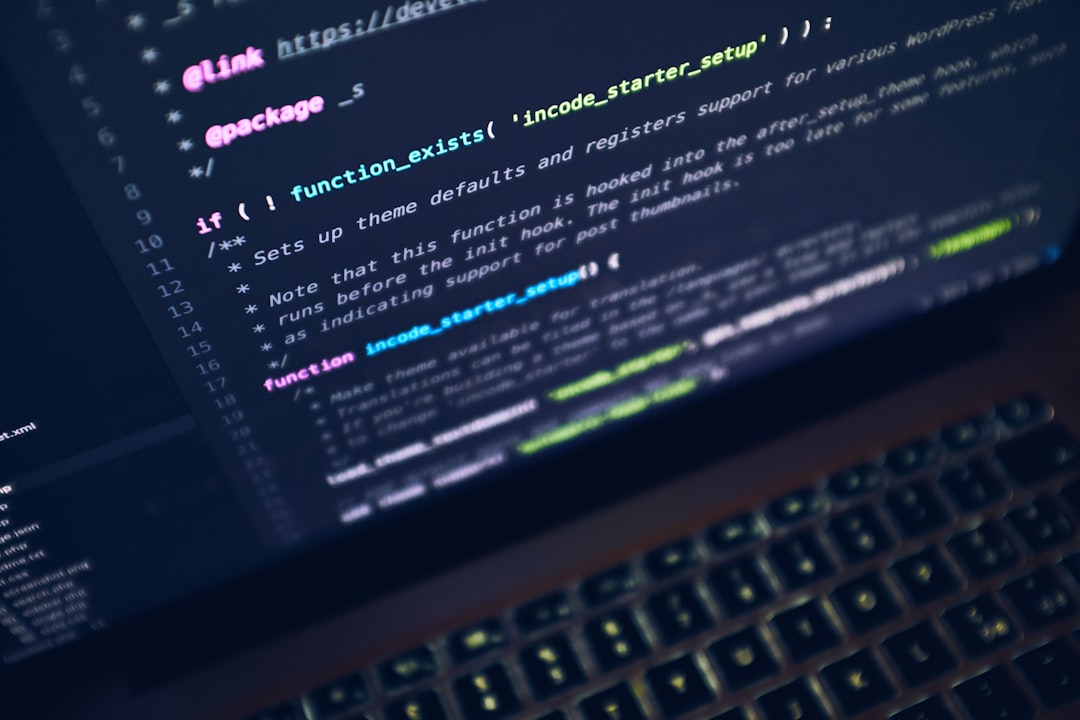
The Future is Now: Revolutionizing Industries with Artificial Intelligence
Artificial Intelligence (AI) has swiftly transitioned from a futuristic concept into a fundamental component that is reshaping industries worldwide. As businesses and organizations harness the power of AI, we witness profound changes in productivity, efficiency, and decision-making processes. This article delves into the transformative impact of AI across various sectors, highlighting current developments, emerging trends, and practical applications that underscore that the future is indeed now.
Current Developments in AI Technology
AI technology has advanced significantly, driven by improvements in machine learning algorithms, data analytics, and computational power. One of the most notable developments is the rise of deep learning, which enables machines to learn from vast amounts of data. This capability has made significant strides in image recognition, natural language processing, and predictive analytics.
For instance, companies like Google and Microsoft are leveraging AI to enhance their cloud services. Their platforms utilize AI algorithms to provide predictive analytics, enabling businesses to make data-driven decisions faster and more accurately.
Practical Applications in Various Industries
Healthcare
AI is revolutionizing the healthcare sector by streamlining operations and improving patient outcomes. Machine learning algorithms are used to analyze medical images, such as X-rays and MRIs, with high accuracy. A prominent case study is IBM’s Watson, which assists doctors in diagnosing diseases by analyzing vast databases of medical literature and patient records.
Moreover, AI-driven chatbots are enhancing patient interaction, providing 24/7 assistance for appointment scheduling and symptom checking. This not only improves patient satisfaction but also allows healthcare professionals to focus on more critical tasks.
Finance
In the financial industry, AI plays a crucial role in risk assessment, fraud detection, and algorithmic trading. For example, companies like JPMorgan Chase use AI to analyze transaction patterns and detect anomalies indicative of fraudulent activities. Their AI system can process and analyze data far more quickly than human analysts, providing a significant edge in identifying potential threats.
Additionally, robo-advisors powered by AI algorithms are democratizing wealth management, offering personalized investment advice based on individual risk profiles and financial goals.
Manufacturing
The manufacturing sector is embracing AI through automation and predictive maintenance. Smart factories equipped with AI-driven robots can perform complex tasks with precision and efficiency. For instance, General Electric’s Predix platform utilizes AI to monitor equipment health and predict failures before they occur, minimizing downtime and maintenance costs.
This shift towards Industry 4.0 emphasizes the importance of integrating AI into manufacturing processes, leading to enhanced operational efficiencies and a reduction in waste.
Emerging Trends in AI
As AI technologies continue to evolve, several emerging trends are shaping the landscape:
-
Explainable AI (XAI): As AI systems become more complex, there is a growing demand for transparency in how these systems make decisions. XAI aims to make AI decision-making processes understandable to humans, which is critical in regulated industries like finance and healthcare.
-
AI Ethics and Governance: With the rise of AI comes the responsibility to ensure ethical practices. Organizations are increasingly focusing on developing frameworks for AI governance that address bias, privacy, and accountability.
-
AI in Remote Work: The shift towards remote work has accelerated the adoption of AI tools that enhance collaboration and productivity. Tools like Zoom and Slack are integrating AI features to improve user experience through smart scheduling and automated task management.
Expert Opinions
According to Andrew Ng, a prominent AI expert, “AI is the new electricity.” This statement encapsulates the transformative power of AI and its potential to revolutionize entire industries. He emphasizes the importance of embracing AI for businesses to remain competitive in the rapidly evolving technological landscape.
Conclusion
The impact of Artificial Intelligence on various industries is profound and far-reaching. From healthcare and finance to manufacturing, AI is not just a tool but a transformative force that is redefining how we operate. As we continue to explore the potential of AI, businesses must remain vigilant and adaptable to harness its full capabilities.
For those interested in diving deeper into the world of AI, consider exploring resources such as the AI Alignment Forum or the MIT Technology Review for up-to-date insights and discussions.
Embrace the revolution and consider subscribing to newsletters or sharing this article to spread knowledge about the incredible potential of Artificial Intelligence. The future is indeed here, and it is powered by AI.


